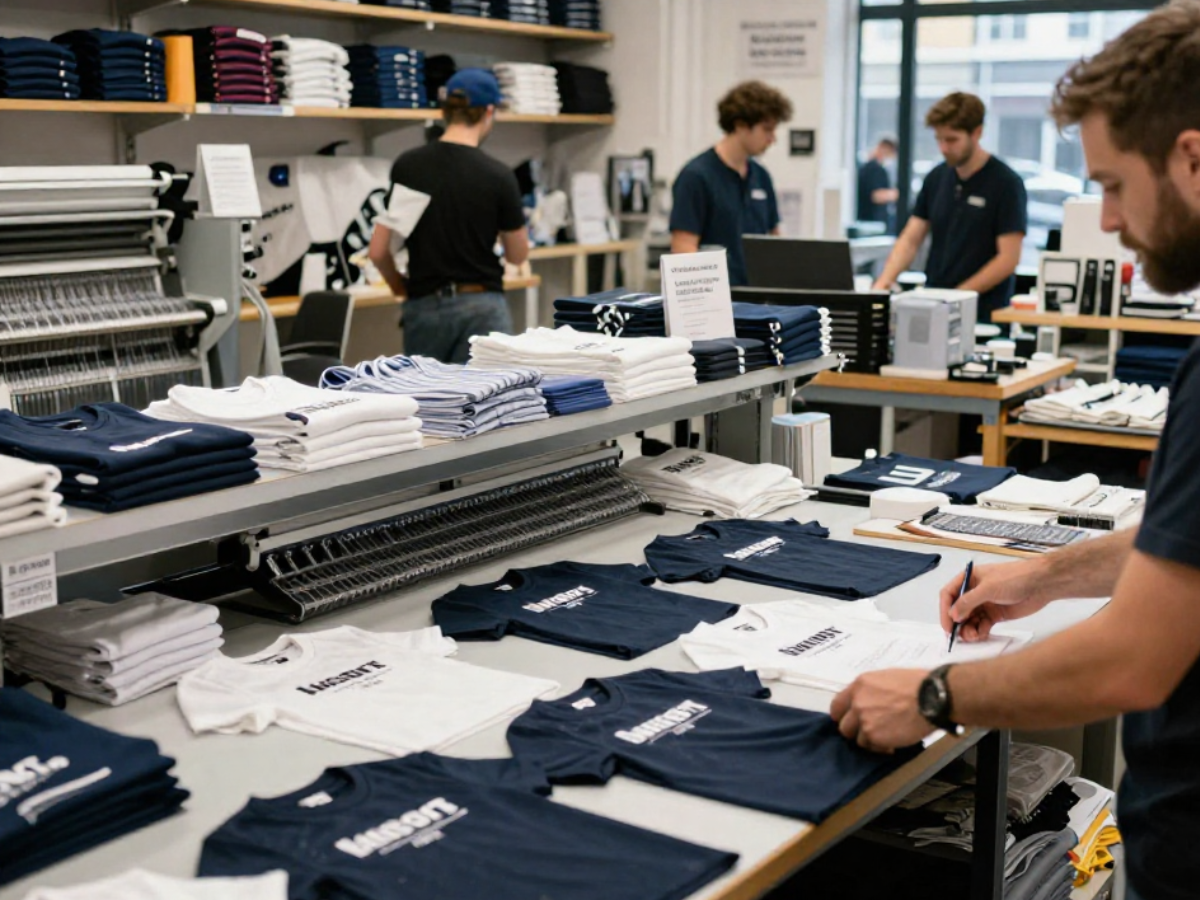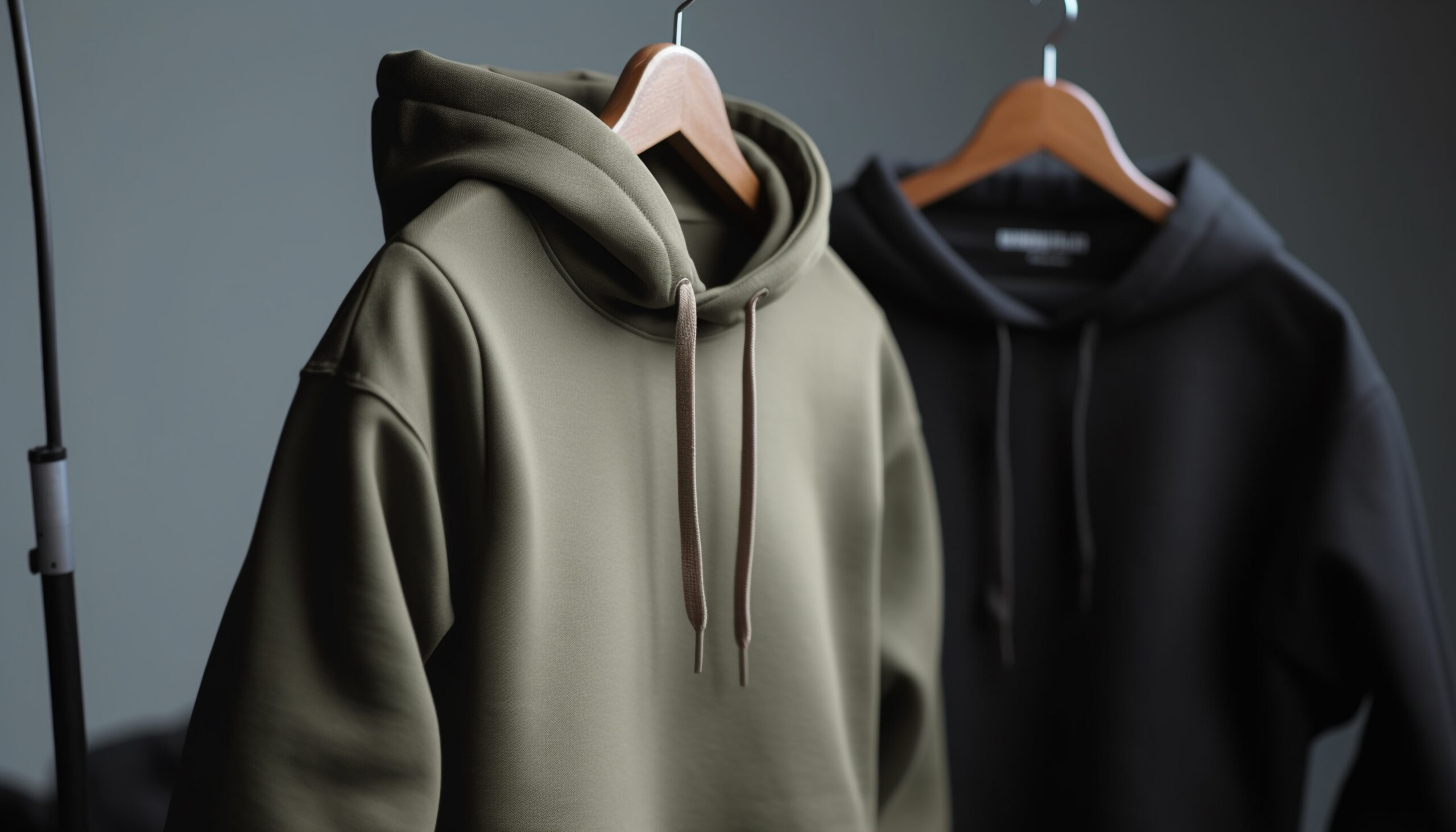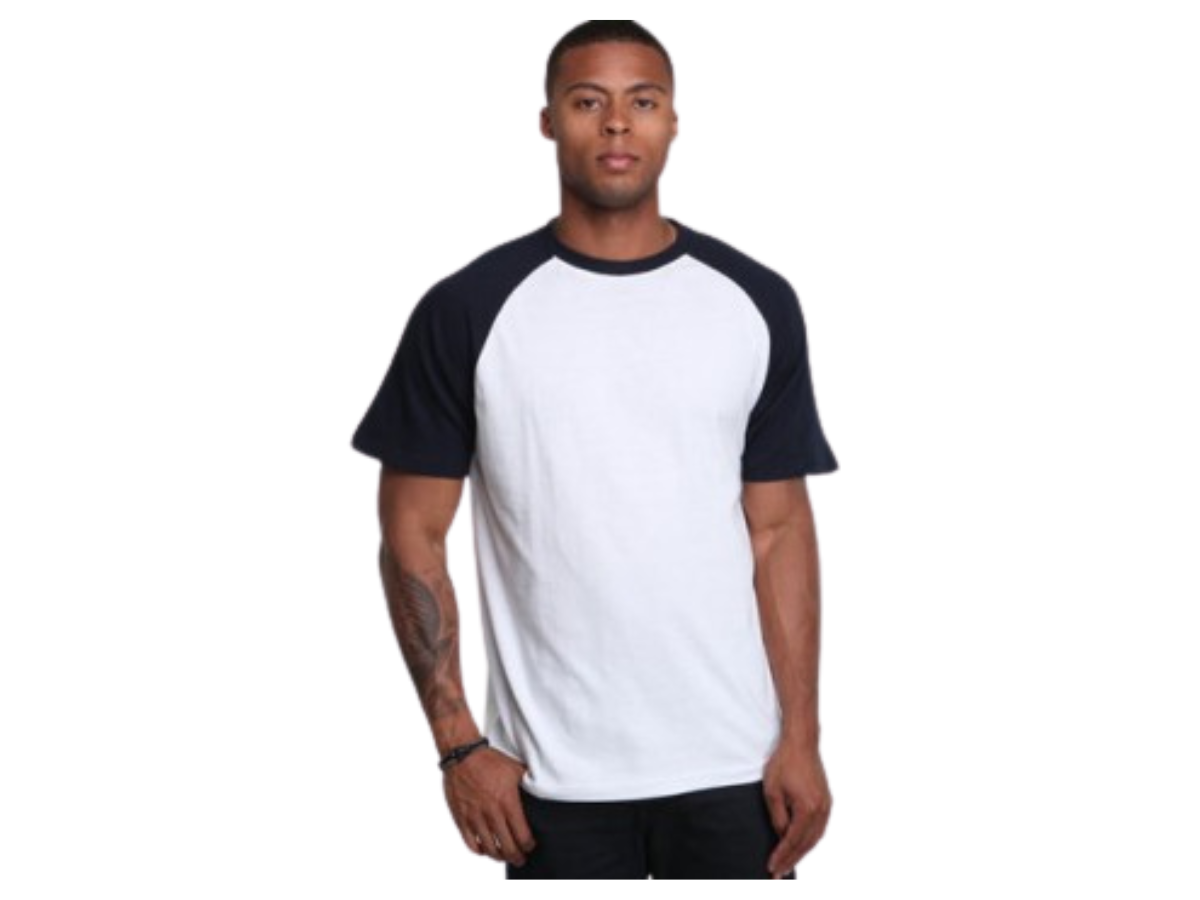Finding premium hoodies is a crucial first step whether you’re starting a clothing company, preparing a corporate gift, equipping a sports team, or stocking up for a university event. Making the option to buy wholesale hoodies or retail is one of the most crucial ones in this process. Although there are benefits to both purchasing strategies, their functions and price ranges differ. Knowing the real-world distinctions between them, including price, availability, customisation possibilities, and long-term worth, will help you make the best and most economical decision in any given circumstance.
This article compares the benefits and drawbacks of buying hoodies wholesale and retail, assisting in determining which strategy best suits certain requirements and objectives, whether they are one-time fashion purchases or large-scale bespoke garment orders.
Knowing the Fundamentals of Buying Hoodies at Wholesale and Retail
Retail hoodie shopping usually entails purchasing specific items at a predetermined consumer price from physical stores or internet retailers. When only a few goods are required or for personal usage, this alternative is practical. Conversely, wholesale hoodies are offered at a reduced price per item when purchased in large quantities, sometimes straight from the producer or distributor. Large orders, such as those required for corporations, sports teams, schools, or charitable events, are best served by wholesale.
These two approaches differ not simply in terms of cost but also in the ways that they address different consumer demands.
Alternatives for Variety and Customisation
Retail establishments usually stock a small selection of styles, sizes, and colours, frequently impacted by fashion cycles and seasonal fads. Customers can only purchase what is in stock, and they might not be able to order the same item again months later.
On the other hand, purchasing hoodies in bulk gives you access to a larger assortment. For bulk transactions that demand consistency, wholesale vendors often have enormous stockpiles and steady supplies. This makes it simpler to find things that match for events, staff outfits, or teams.
Additionally, wholesale vendors usually provide customising options that allow for the inclusion of graphics, text, or logos. This is especially helpful when purchasing customised sweatshirts in large quantities since it guarantees a uniform, polished appearance for every item.
Cost-Effectiveness
Affordability is among the most clear advantages of choosing wholesale hoodies in the UK. Buying in volume greatly lowers the cost per unit, which is particularly helpful for companies with limited resources. Reversing or altering the items will help businesses and resellers boost their profit margins.
Retail hoodies have a markup covering overhead expenses for the store, packaging, and branding, notwithstanding their simplicity. For those just looking for one or two items, the extra cost could be justified. For anyone require a multitude or even hundreds of hoodies, however, procuring in bulk is more cost-effective.
Schedules for Delivery and Stock Levels
Faster delivery is usually advantageous for retail purchases, particularly when purchasing locally or from major online retailers who provide next-day delivery. Retail is frequently the fastest option for orders that are placed at the last minute or in small quantities.
However, UK wholesale hoodie providers tend to work on a made-to-order or semi-custom production basis and are focused on completing larger orders. Longer lead times may result from this, although larger-scale projects benefit from improved planning and uniformity. For events, marketing campaigns, or school orders, a lot of vendors offer dependable delivery schedules and reasonable timescales.
Product Flexibility and Quality Assurance
The quality of retail purchases might differ between brands and retailers. Fabric, fit, and finish variations may occur over time, even within the same brand, as a result of shifting manufacturers or suppliers.
Manufacturers of wholesale hoodies, particularly those in the UK who specialise in bespoke hoodies, frequently have stringent quality control procedures. Customers may anticipate consistent fabric quality, colour matching, and dependable sizing when they source from trustworthy suppliers. In bespoke clothing, this consistency is essential for preserving the integrity of the brand and a polished look.
Factors for the Environment and Ethics
The demand for apparel made ethically and sustainably is rising. Eco-friendly choices can occasionally be found in retail stores, although they are usually more expensive. Since they produce in large quantities, wholesale suppliers—especially those who prioritise sustainability—may be able to provide hoodies that are ethically sourced at competitive costs.
It may be simpler to select a supplier that shares your ethical or environmental beliefs when you purchase in bulk, particularly if transparency and approvals are vital to you.
Examples of Use Cases
Various purchasing alternatives meet various demands. For example, a person seeking a stylish hoodie for personal usage is likely to choose the retail method due to its convenience and timeliness. A charity running a fundraising campaign or a university planning a freshmen’s week event might benefit more from purchasing bulk customised sweatshirts.
The savings, stability, and branding opportunities that come with wholesale purchases are also advantageous to companies that sell branded goods or uniforms.
Making the Correct Decision
In the end, factors including quantity, purpose, budget, and timing determine whether you choose wholesale or retail. For large orders and customised projects, wholesale purchasing is the best option since they offer significant cost savings and stability. For short-term, low-volume demands when convenience is more important than price, retail is more appropriate.
Purchasing wholesale hoodies provides long-term value and flexibility for those in charge of marketing, events, or branded clothing. Finding the ideal balance between cost, quality, and purpose may be achieved by selecting the appropriate supplier and being aware of the particular project needs.











